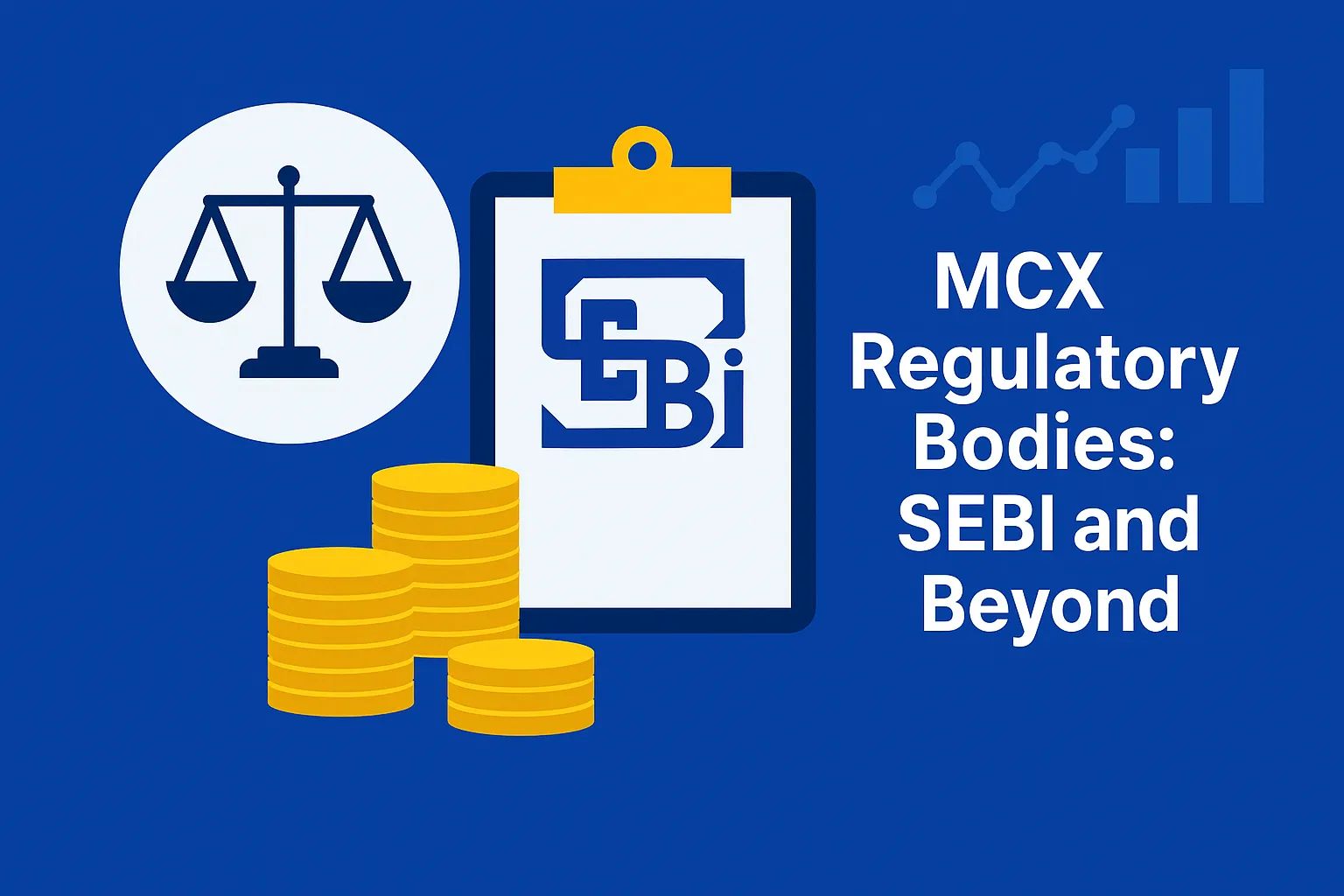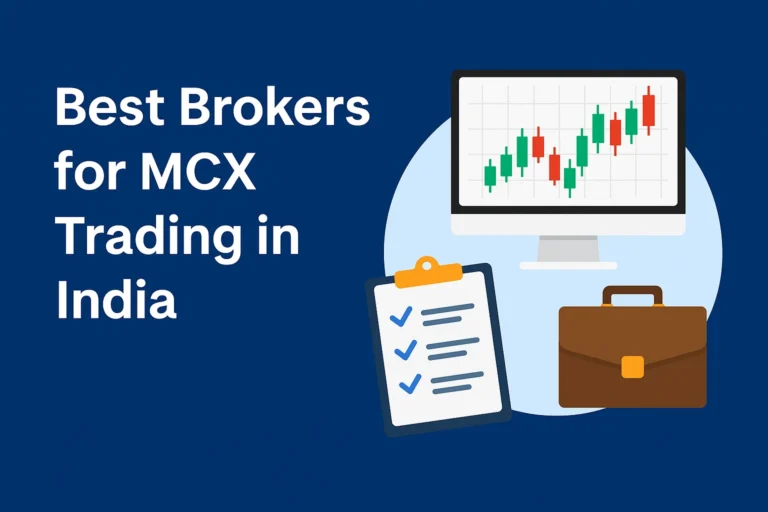MCX Regulatory Bodies: SEBI and Beyond
Commodity trading in India, especially through the Multi Commodity Exchange (MCX), is tightly regulated to ensure transparency, investor protection, and market integrity. If you’re new to MCX trading, it’s important to understand the key regulatory bodies that oversee commodity markets and enforce trading rules.
This guide explores SEBI’s role as the chief regulator of MCX and introduces other institutions involved in the Indian commodity trading ecosystem.
What is SEBI?
SEBI (Securities and Exchange Board of India) is the primary regulator for all securities and commodities markets in India. It took over regulation of commodity trading from the Forward Markets Commission (FMC) in 2015.
SEBI’s core functions for MCX and other exchanges include:
- Regulating brokers and trading members
- Ensuring fair and transparent trading practices
- Monitoring market manipulation and insider trading
- Overseeing investor protection and grievance mechanisms
- Setting margin rules, position limits, and contract specifications
SEBI’s regulation ensures that MCX operates with the same credibility and standards as NSE or BSE.
Key SEBI Regulations in MCX Trading
- Commodity Derivative Contracts:
SEBI approves and defines standardized futures contracts for all commodities listed on MCX. - Position Limits:
SEBI sets limits on how much a trader can hold in a particular commodity to avoid price manipulation. - Margins and Leverage:
Margin requirements are regulated by SEBI to protect both brokers and traders from excessive risk. - Audit and Compliance:
Brokers and exchanges are subject to SEBI audits and compliance checks to maintain market health. - Investor Education & Grievance Redressal:
SEBI has initiatives like SCORES for investor complaints and regular awareness campaigns.
Other Regulatory and Related Bodies in MCX Ecosystem
1. MCX (Multi Commodity Exchange of India)
Although MCX is an exchange and not a regulator, it plays a key role in:
- Operating and managing the commodity derivatives market
- Designing contracts and providing the trading platform
- Monitoring real-time trading and margin requirements
- Ensuring member compliance with SEBI rules
2. Clearing Corporations (MCXCCL)
MCXCCL (MCX Clearing Corporation Ltd.) is the clearing and settlement body for all MCX trades.
Responsibilities:
- Daily mark-to-market settlement
- Risk management and margin collection
- Ensuring timely delivery or cash settlement of trades
3. Depositories (CDSL/NSDL)
Used for:
- Holding client assets in dematerialized form
- Facilitating the transfer of funds and securities
- Ensuring secure and regulated digital storage
4. GST and Income Tax Departments
While not direct market regulators, these authorities ensure:
- Compliance with tax rules on commodity trades
- Proper reporting of profits and losses under business income
- GST filings for commodity service providers
The Transition from FMC to SEBI
Before 2015, commodity markets were regulated by the Forward Markets Commission (FMC). After several regulatory challenges and the NSEL crisis, FMC was merged into SEBI to bring uniformity and strengthen oversight.
This move helped:
- Streamline financial and commodity markets
- Implement stronger compliance norms
- Introduce unified grievance redressal
- Improve investor confidence
FAQs
Who is the regulator of MCX in India?
SEBI (Securities and Exchange Board of India) is the official regulator of MCX since 2015.
What is the role of MCXCCL?
MCX Clearing Corporation Ltd. handles clearing, settlement, and risk management of all trades executed on MCX.
Is MCX trading safe and legal?
Yes, MCX is a SEBI-recognized exchange and operates under strict legal and compliance frameworks.
Do I need to follow any compliance as a trader?
Retail traders must follow SEBI guidelines related to margins, position limits, and KYC norms through their broker.
Where can I file a complaint related to MCX trading?
You can file complaints through your broker or directly on SEBI’s SCORES platform (https://scores.gov.in).


